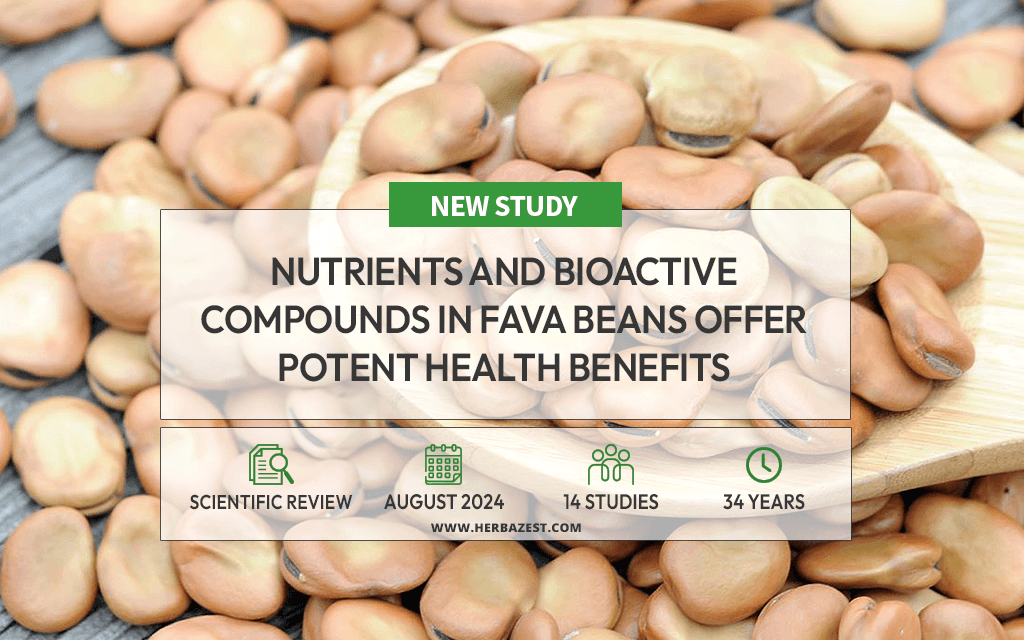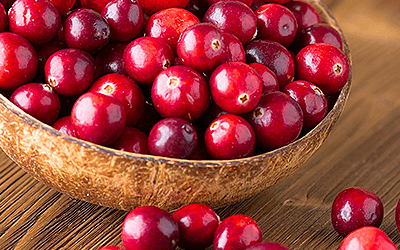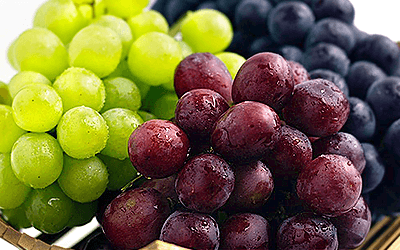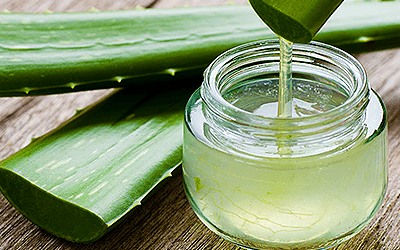Fava beans, also known as broad beans, are celebrated for their high nutritional value and culinary versatility. As members of the legume family, they are rich in protein, fiber, and bioactive compounds, making them a valuable addition to the diet, especially for those following a vegan lifestyle or looking to reduce meat consumption.1 This 2024 study explores the health benefits of the bioactive compounds in fava beans and how different processing methods impact their availability.
The Study
Researchers from Lincoln University in New Zealand conducted a comprehensive review of scientific literature on fava beans, consolidating data from the past 34 years on their bioactive compounds, nutritional content, and associated health benefits. Additionally, the review examined the effects of common processing techniques—such as soaking, cooking, blanching, and steaming—on the concentration and functionality of these bioactive compounds. The findings were published in the Critical Reviews in Food Science and Nutrition journal.
The Results
Research shows that fava beans are naturally rich in nutrients and bioactive compounds, each offering unique health benefits:
Cardiovascular Health
Fava beans contain bioactive peptides that help lower cholesterol. Their dietary fiber and oligosaccharides bind to bile acids, promoting excretion and reducing cholesterol levels in the blood. Additionally, L-DOPA, a naturally occurring amino acid in fava beans, supports cardiovascular health by stimulating nitric oxide production, which helps dilate blood vessels and regulate blood pressure.
Antioxidant Properties
Fava beans are packed with phytochemicals, including phenolic compounds, saponins, lectins, and phytic acid. While some are considered anti-nutrients, they also provide health benefits. Phenolic compounds act as antioxidants and have shown anti-cancer effects, while saponins lower cholesterol by binding to bile acids and reducing their reabsorption. Phytic acid, although it can hinder mineral absorption, has demonstrated anti-carcinogenic properties due to its antioxidant effects.
Gut Health
The dietary fiber in fava beans, both insoluble and soluble, promotes the production of short-chain fatty acids (SCFAs) in the gut, supporting a healthy microbiome, reducing chronic inflammation, and lowering the risk of colon cancer. The fermentation of oligosaccharides in fava beans further aids digestion and helps regulate cholesterol levels.
Researchers also found that various processing methods affect the bioactive compounds in fava beans:
Soaking increases glucose and fructose levels through sucrose hydrolysis and slightly decreases insoluble dietary fiber. It also reduces some anti-nutritional compounds, such as tannins and saponins.
Cooking enhances protein digestibility by breaking down large proteins into smaller peptides and reduces anti-nutritional compounds like lectins. However, it may result in the loss of certain amino acids, including methionine, and phenolic compounds.
Blanching and steaming can decrease phenolic compounds and antioxidants due to their heat-sensitive nature, with blanching particularly reducing tannin levels and their antioxidant capacity.
What Does this Mean?
The findings of this review highlight the numerous health benefits of fava beans. Their high protein content, balanced amino acid profile, fiber, vitamins, minerals, and bioactive compounds make them a nutritious food source and an excellent alternative to meat for those seeking plant-based protein options.
The research highlights fava beans' role in cardiovascular health, cholesterol management, gut support, and antioxidant benefits. It notes that processing can affect the bioavailability of these compounds, but more clinical trials are needed to confirm their potential health benefits.
Other members of the legume family, such as peas, chickpeas, and lentils, also offer similar health benefits and can be valuable additions to a balanced diet.
Sources
- Critical Reviews in Food Science and Nutrition, Exploring faba beans (Vicia faba L.): bioactive compounds, cardiovascular health, and processing insights, 2024
Footnotes:
- Johns Hopkins. (2021). Legumes: Important Protein Source for Healthy and Sustainable Diets. Retrieved September 17, 2024, from https://clf.jhsph.edu/about-us/news/news-2021/legumes-important-protein-source-healthy-and-sustainable-diets




